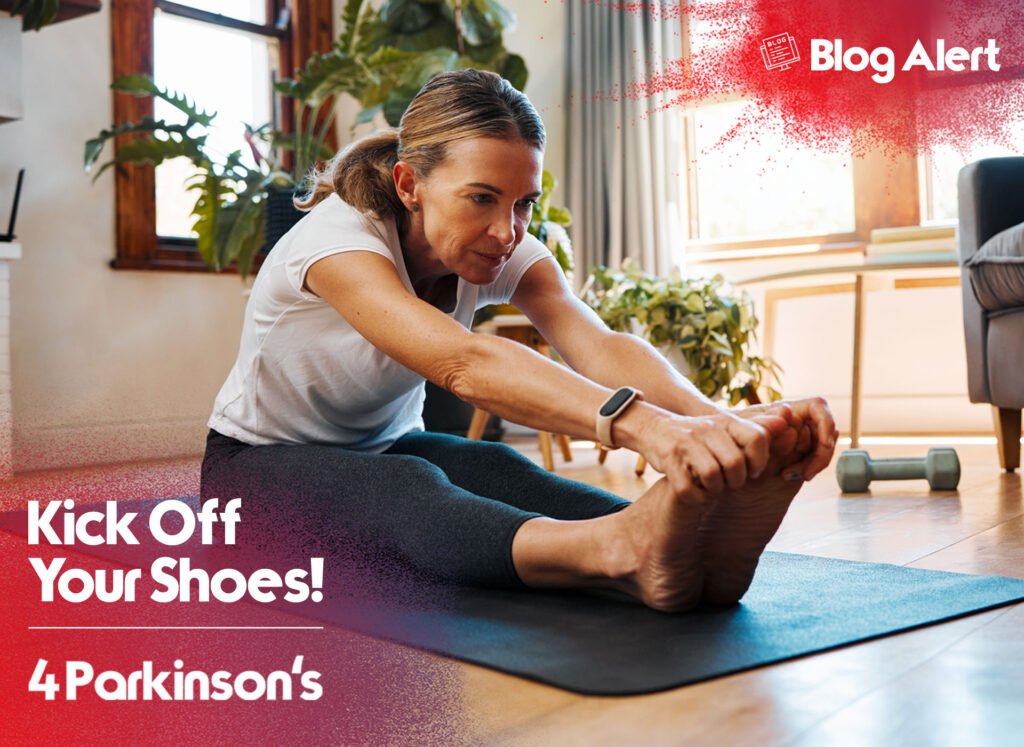

People with Parkinson's disease often face a world that doesn't understand their condition, leading to prejudice that significantly affects their life. This stigma not only makes their daily challenges tougher but also makes them wary of joining social activities or even doing simple tasks outside their homes.
Emma Tumelty's situation, being wrongly accused of being drunk or high while waiting for medication, is not uncommon. Diagnosed at 46, Emma's Parkinson’s diagnosis brought not just physical and emotional difficulties but also the burden of dealing with people's judgments. Research from Parkinson’s UK shows that Emma is among the 22% of Parkinson's patients who have faced such prejudice, with their symptoms wrongly interpreted as signs of drunkenness or drug misuse.
The charity's research highlights a worrying truth: thousands of people with Parkinson's disease face verbal abuse and false accusations because many people lack awareness and understanding of the condition.
Nicky Doyle’s story adds to the conversation. Diagnosed at 34, she's had to deal with strangers' misconceptions ever since she first noticed her symptoms at 21. While at a festival, someone asked her if she was drunk or on drugs because of her shaking. Despite these challenges, Nicky tries to be upfront about her condition with new people she meets, aiming to clear up the confusion around Parkinson's.
Parkinson’s disease is a condition that affects movement, leading to symptoms like shaking, stiffness, and difficulty with balance. It happens because of decreased dopamine production in the brain, leading to abnormal brain activity. Unfortunately, it’s the visible symptoms that often lead to misunderstandings and social stigma.
Beyond these individual stories, the issue of prejudice against Parkinson's patients points to a larger problem: the common lack of knowledge about neurological conditions and how quick people are to judge based on what they see. This ignorance not only makes those with Parkinson's feel left out but also stops them from seeking the social interaction they need for their mental and emotional health.
To change this, it's important to build a society that values understanding and inclusion. Education is key to this process, teaching the public about Parkinson's symptoms, treatment options, and what it's like to live with the disease. Supporting organizations that focus on Parkinson’s research and patient support can help create a more informed and caring community.
The Davis Phinney Foundation offers ways to help people with Parkinson's feel less isolated. Their work, along with other groups, aims to provide the necessary support to face the challenges of the disease while pushing for greater public awareness. For people with Parkinson's, the most urgent is minimizing social isolation. Learn more about reducing social isolation in individuals with Parkinson's."
Join our community in spreading hope and strength. Tell us your unique journey with Parkinson's to uplift and empower others.